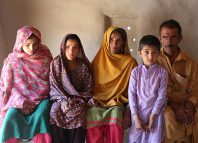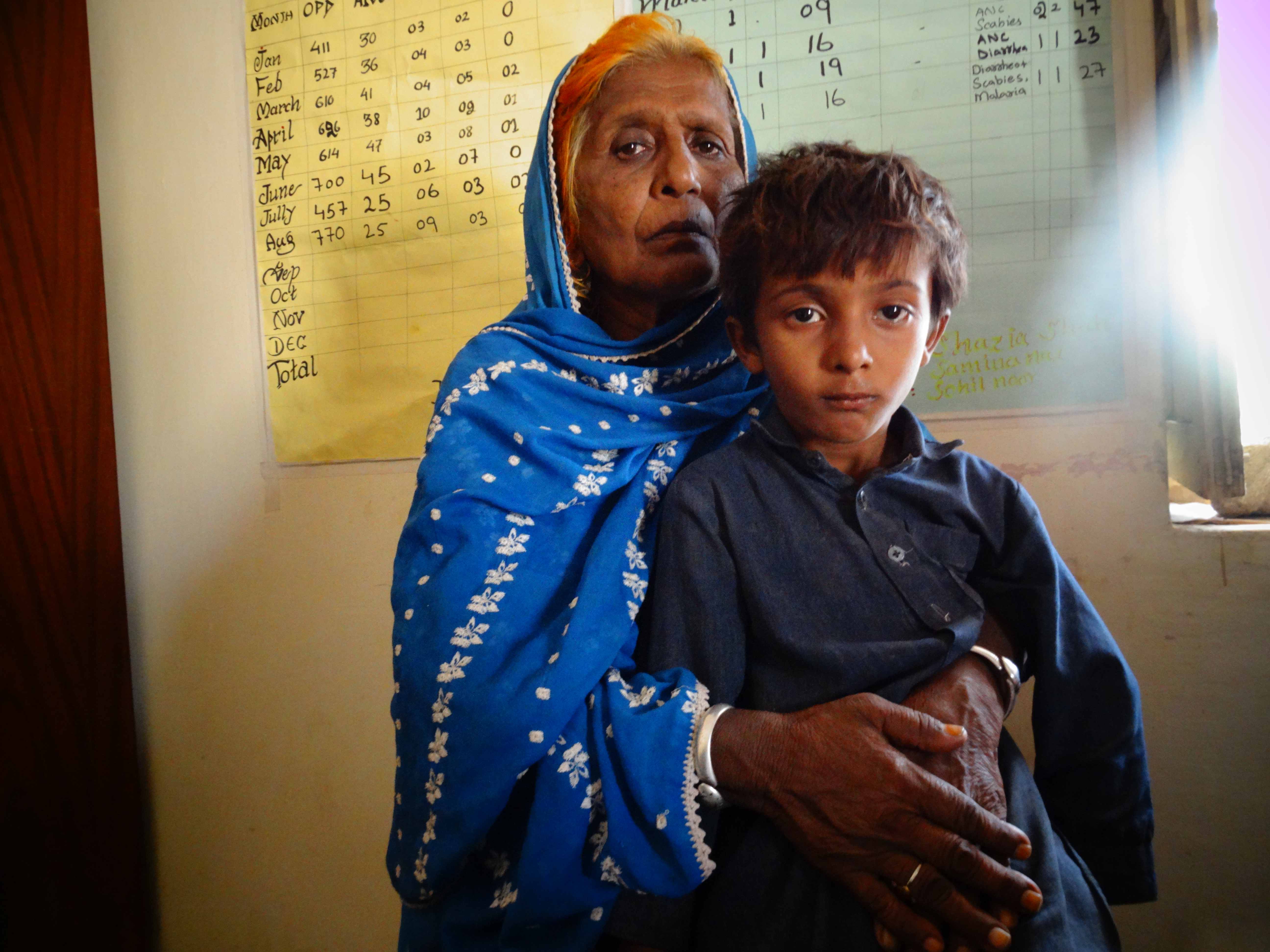
Fareed, seven years old, was brought to the center for the first time by his grandmother for a chest infection. His Grandmother said, “I bring him here because I trust the services of MNCH centre.”

Zameer, five years old, was also visiting the center for the first time due to a chest infection. The team examined and treated him, and advised him to come for a follow-up visit in three days.
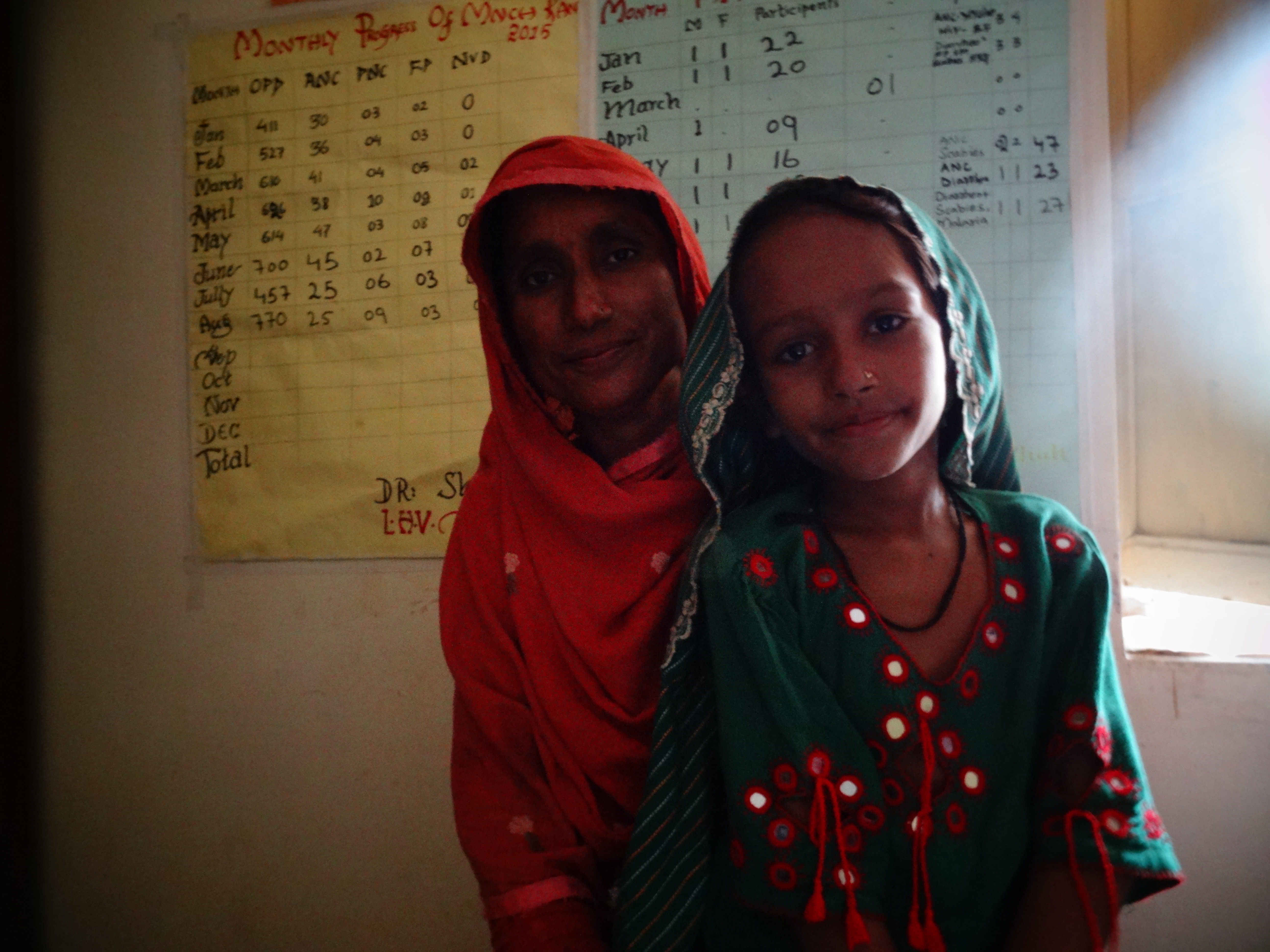
Kasbano, nine years old, came to the center after suffering from suspected malaria for four days. The team confirmed the diagnosis and provided her with medication. Malaria is a widespread problem in Thatta, exacerbated by recent flooding.
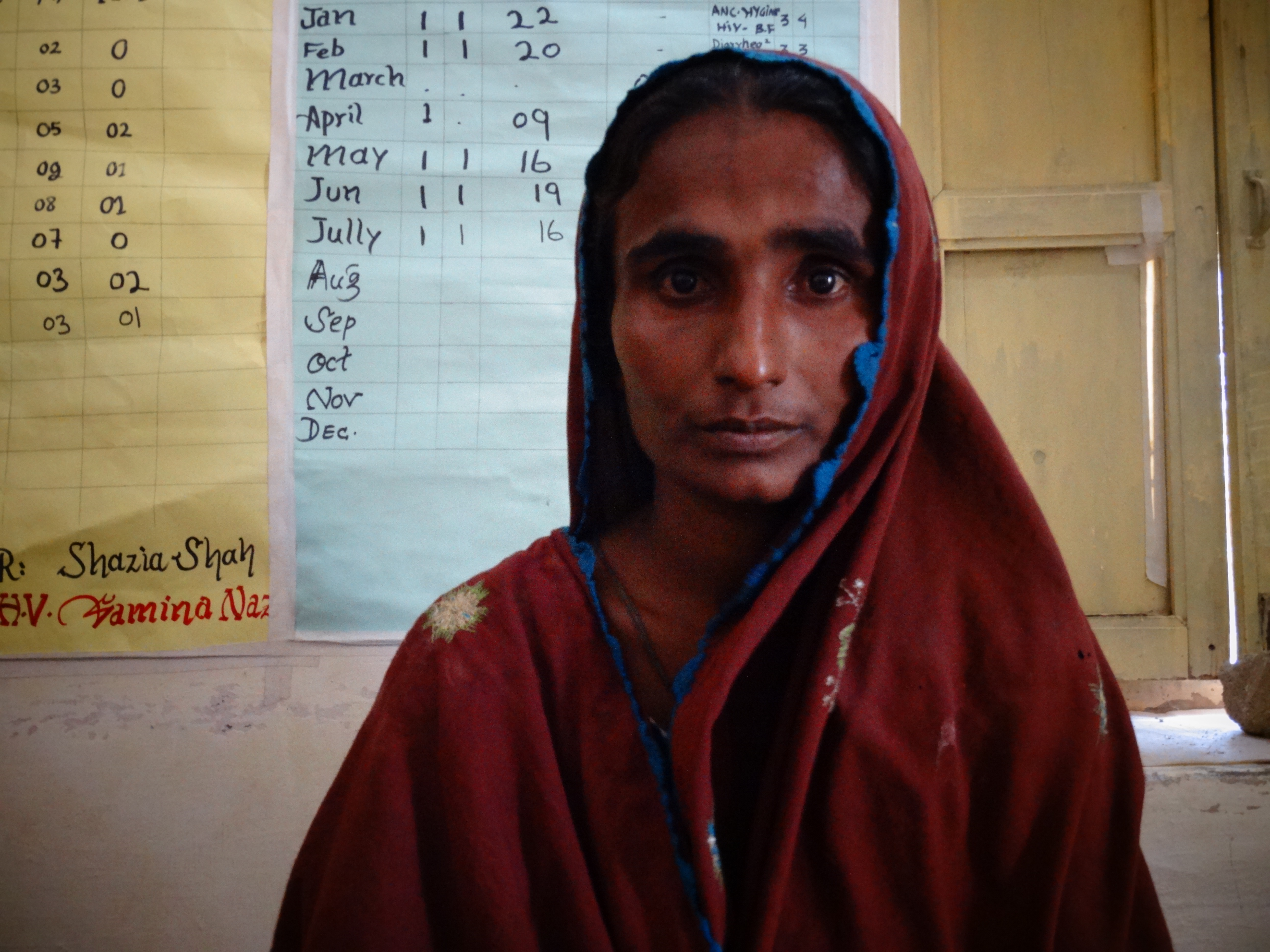
Zulakhan, 40, came to the center for antenatal care. As well as providing pre- and post-natal services, the team promotes awareness of the importance of continued check-ups for the health of new mothers among the community, and the number of women who come to the center for these check-ups has increased significanty.
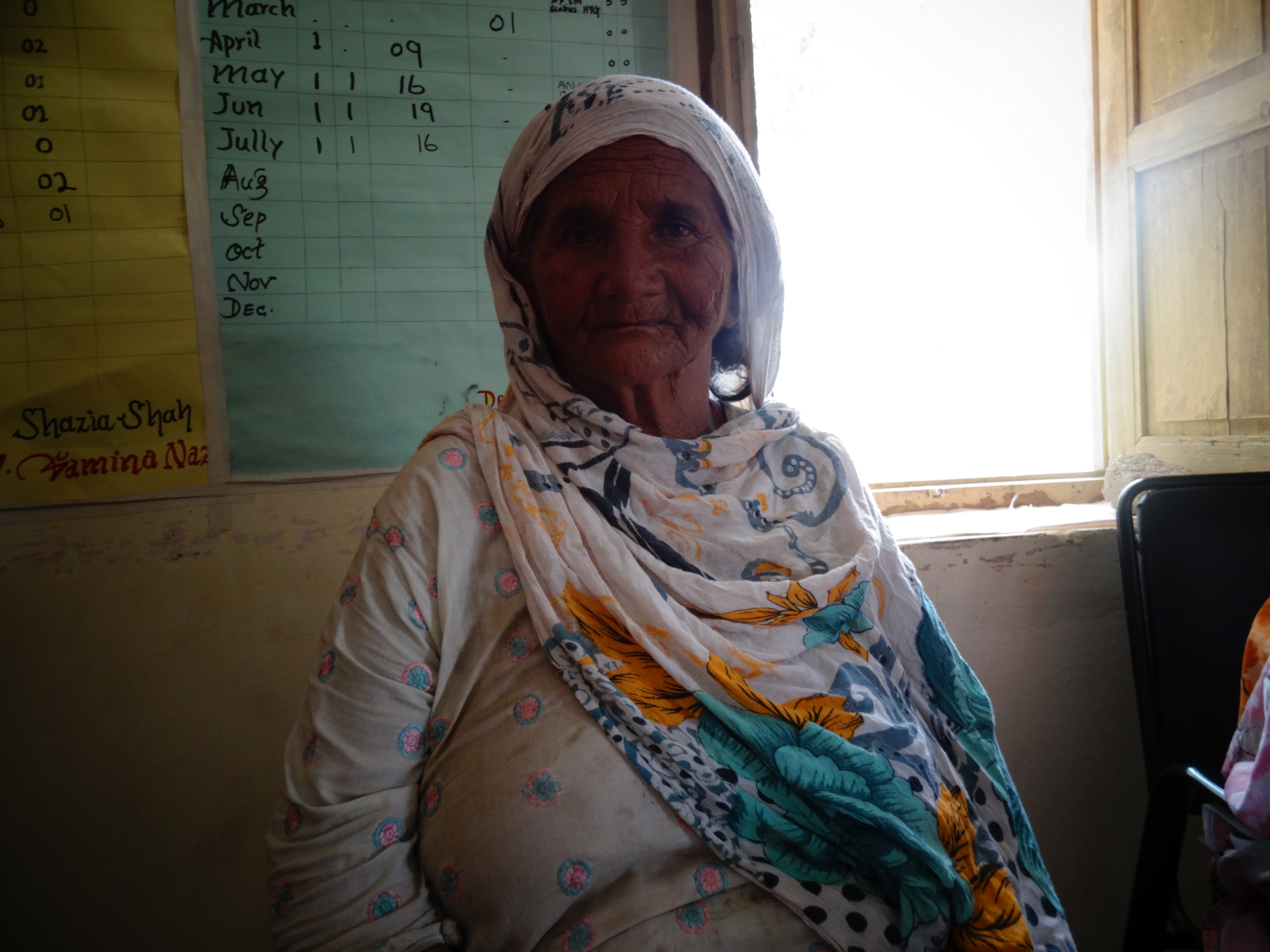
Hakeema, 75, came to the center for a muscular-skeletal issue. The MNCH means that women have access to health care services locally. For elderly women in particular, the ability to reach a doctor when they need one without the time, expense and risk of travelling outside the village to the district hospital is integral to quality of life.
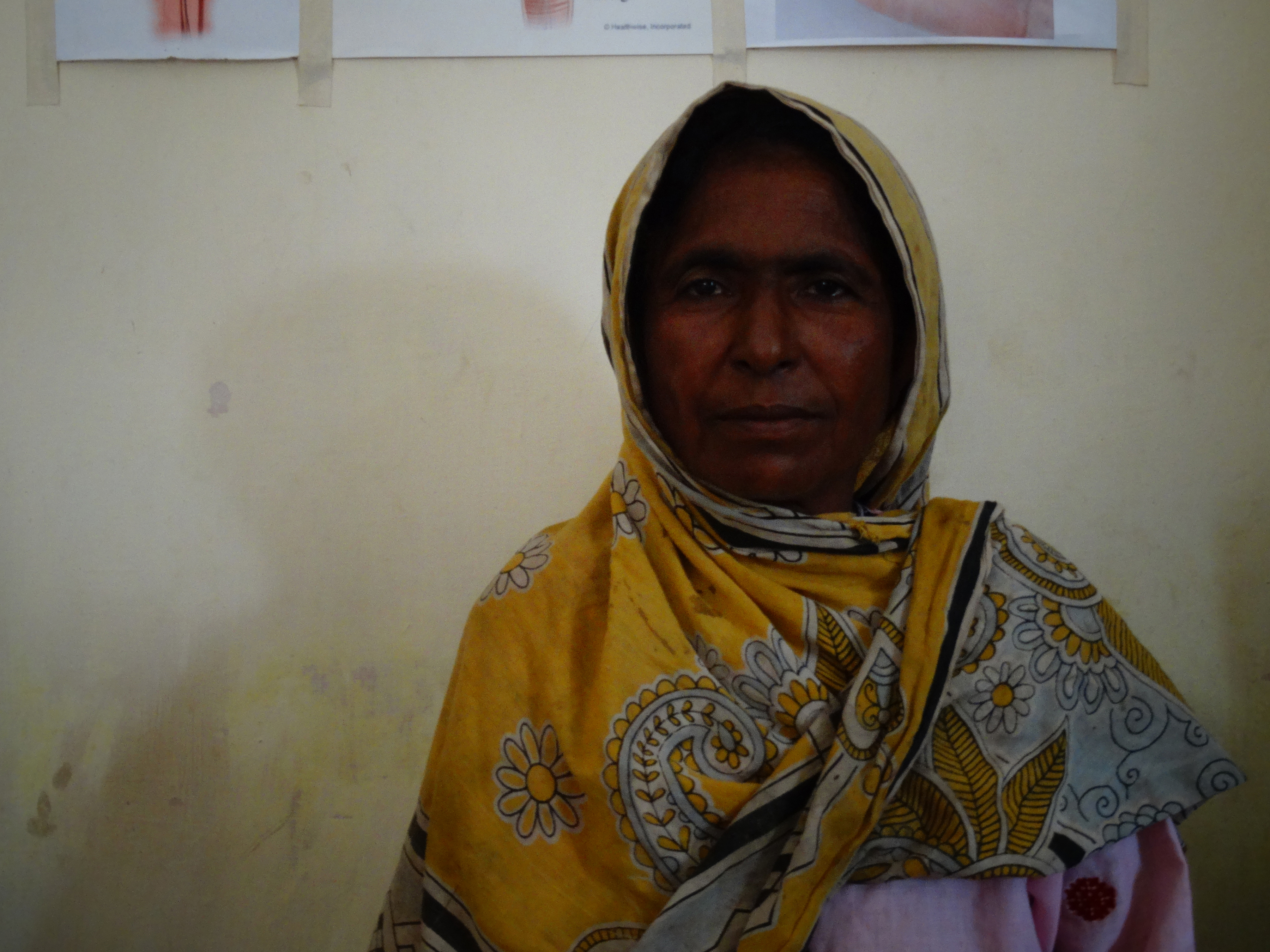
The field team in Thatta recently participated in a photography workshop, and has shared these portraits of patients at the Maternal, Neonatal and Child Health Center, funded by Church of Scotland, using their new skills.




